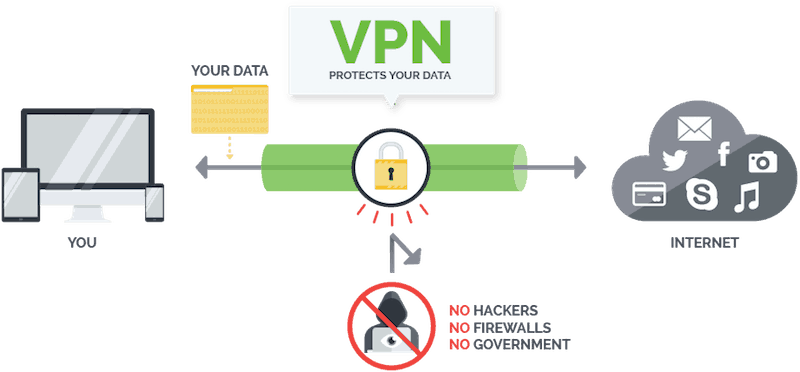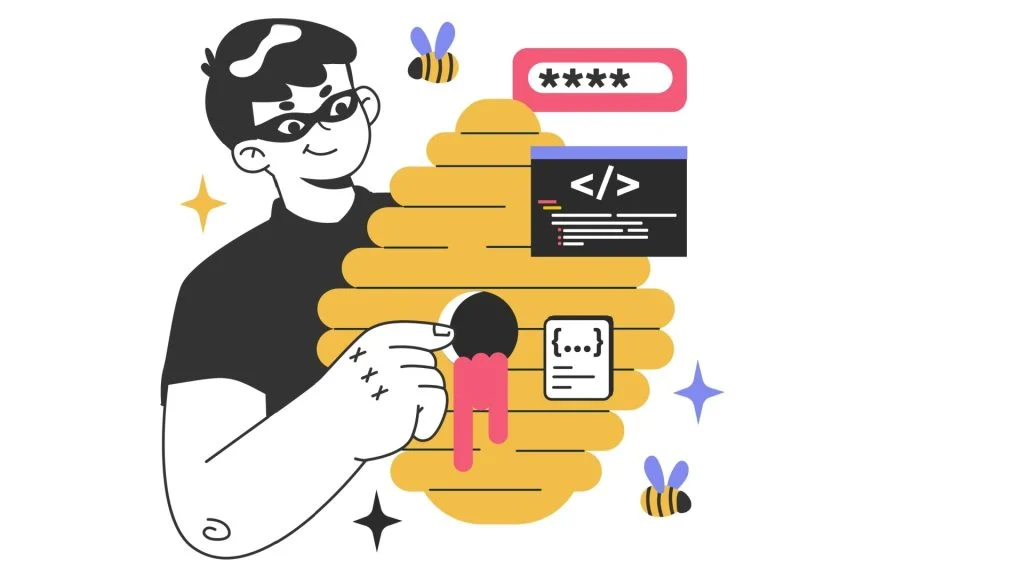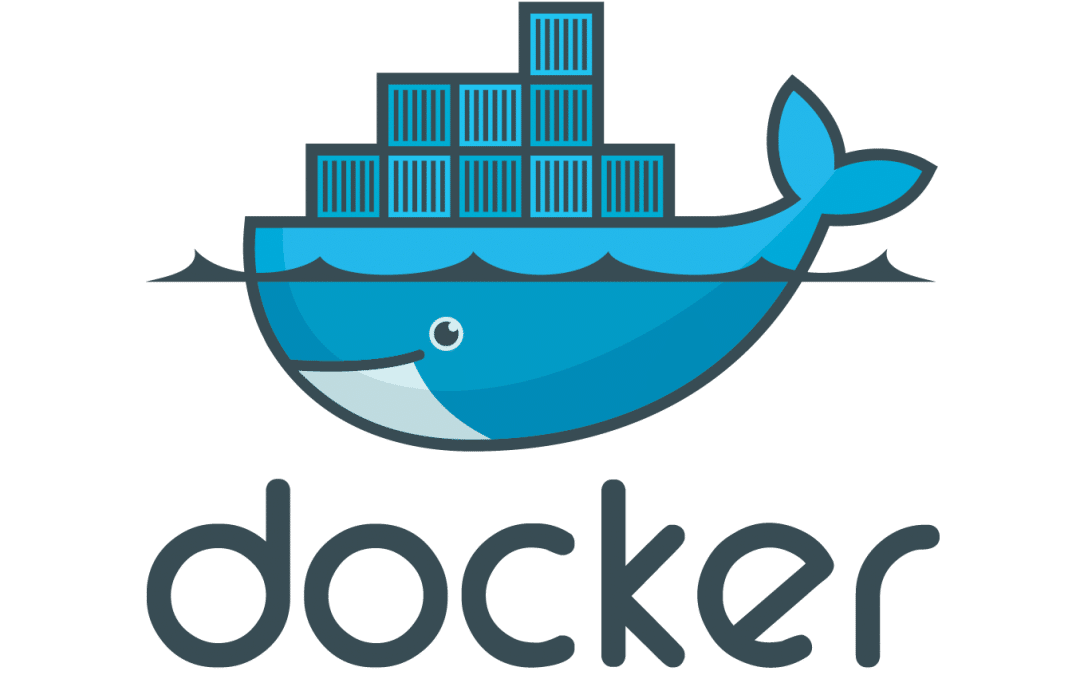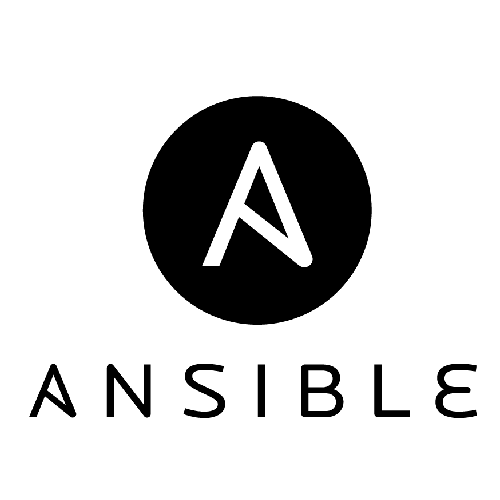What is a VPN and Why Do You Need One?
A Virtual Private Network (VPN) is a powerful tool that can help you protect your privacy and improve your online security. When you connect to a VPN, you route your internet traffic through an encrypted tunnel, which hides your IP address and location, and protects your data from prying eyes.
Let’s go trough how VPNs work, discuss the benefits they offer, and provide an overview of five of the most popular VPNs available today.


A virtual private network, or VPN, is a service that enables users to remotely share data over public networks while safely accessing a private network.
To secure data and safeguard user privacy, it combines encryption and tunneling methods.
In order to access the internet and route all traffic through the VPN’s secure tunnel, a user must first establish a connection to the VPN server, which then serves as a proxy for the user.
This offers an additional degree of security for online activities while also enabling users to access content and information that may be blocked in their region.
How VPNs Work: A Non-Technical Explanation
When you connect to the internet without a VPN, your device connects directly to your Internet Service Provider (ISP). Your ISP assigns you a public IP address, which is used to identify your device and location. This means that your ISP can see all of the websites you visit, the apps you use, and the data you send and receive.
When you use a VPN, however, your device first connects to a VPN server, which acts as a middleman between your device and the internet. The VPN server encrypts all of your internet traffic, making it unreadable to anyone who might intercept it. Your ISP can only see that you’re connected to a VPN server and can’t see your online activity.
Your device -> (Your ISP) -> The Internet
Your device -> (VPN Server) -> (Your ISP) -> The Internet
The VPN server also masks your IP address, replacing it with its own. This makes it appear as though your online activity is coming from the VPN server’s location, rather than your actual location. So, if you’re in New York and connect to a VPN server in London, websites and online services will think you’re accessing them from the UK.

Benefits of Using a VPN
VPNs offer a range of benefits that can improve your online privacy, security, and even flexibility:
-
Enhanced privacy: By hiding your IP address and encrypting your data, VPNs make it much harder for third parties, including your ISP, governments, and advertisers, to track your online activity and collect your personal data.
-
Improved security: VPNs protect your data from hackers and snoopers, especially when using public Wi-Fi networks, which are often unsecured and vulnerable to attacks.
-
Bypass geo-restrictions: By changing your IP address, VPNs enable you to access region-restricted websites and streaming content that may be blocked in your location. This is especially useful for travelers or expats who want to access their home country’s content while abroad.
-
Save money: In some cases, online retailers display different prices to customers in different locations. With a VPN, you can switch your apparent location to take advantage of lower prices.
-
Avoid bandwidth throttling: ISPs sometimes throttle, or slow down, certain types of internet traffic, such as streaming or torrenting. Since your ISP can’t see your online activity when you use a VPN, they can’t throttle your connection based on the type of content you’re accessing.
Top 6 Most Popular VPNs
-
ExpressVPN: ExpressVPN is one of the fastest VPNs on the market, offering lightning-quick connections and unlimited bandwidth. It has a strict no-logs policy, strong encryption, and a wide range of server locations. ExpressVPN also offers a kill switch and split tunneling, giving you added control over your privacy and security.
-
NordVPN: With over 5,000 servers in 60 countries, NordVPN provides excellent global coverage. It has a double VPN feature, which routes your traffic through two VPN servers for added security, and Onion Over VPN, which routes your traffic through the Onion network for even more privacy. NordVPN also offers dedicated IP addresses and obfuscated servers for bypassing VPN blocks.
-
Surfshark: Surfshark is a great choice for households or small businesses, as it allows an unlimited number of simultaneous connections. It has a strict no-logs policy, strong encryption, and a range of security protocols to choose from. Surfshark also offers a Whitelister feature, which lets you exclude certain apps or websites from the VPN, as well as a NoBorders mode for use in restrictive regions.
-
CyberGhost: CyberGhost offers an easy-to-use VPN service with strong security features. It has a strict no-logs policy, 256-bit AES encryption, and an automatic kill switch. CyberGhost also provides dedicated streaming and torrenting profiles, which optimize your connection for speed and privacy. With over 7,000 servers in 90 countries, CyberGhost provides excellent unblocking capabilities for streaming geo-restricted content.
-
IPVanish: IPVanish is a well-rounded VPN service that owns and operates its entire network of over 1,900 servers. This means that it has full control over the security and privacy of its infrastructure. IPVanish offers unlimited bandwidth, strong encryption, and a range of security protocols. It also provides a SOCKS5 web proxy for added flexibility and a no-logs policy for peace of mind.
- OpenVPN: OpenVPN is a popular open-source VPN protocol that offers a robust and flexible solution for secure connections. It provides a high level of encryption and authentication, ensuring that your data remains secure and private. OpenVPN is highly customizable, allowing users to choose between various encryption algorithms and protocols to suit their specific needs. While it’s not a VPN service provider like the others on this list, OpenVPN’s open-source nature has led to its widespread adoption, making it a popular choice among VPN users.
Conclusion
Using a VPN is a simple and effective way to improve your online privacy and security. By encrypting your data and hiding your IP address, VPNs help keep your personal information safe from third parties and allow you to browse the web anonymously. With a range of additional benefits, from bypassing geo-restrictions to avoiding bandwidth throttling, it’s no surprise that VPNs are becoming increasingly popular.
Be sure to do your research and choose a reputable VPN provider that suits your specific needs, whether that’s streaming, torrenting, or simply browsing the web with peace of mind.








